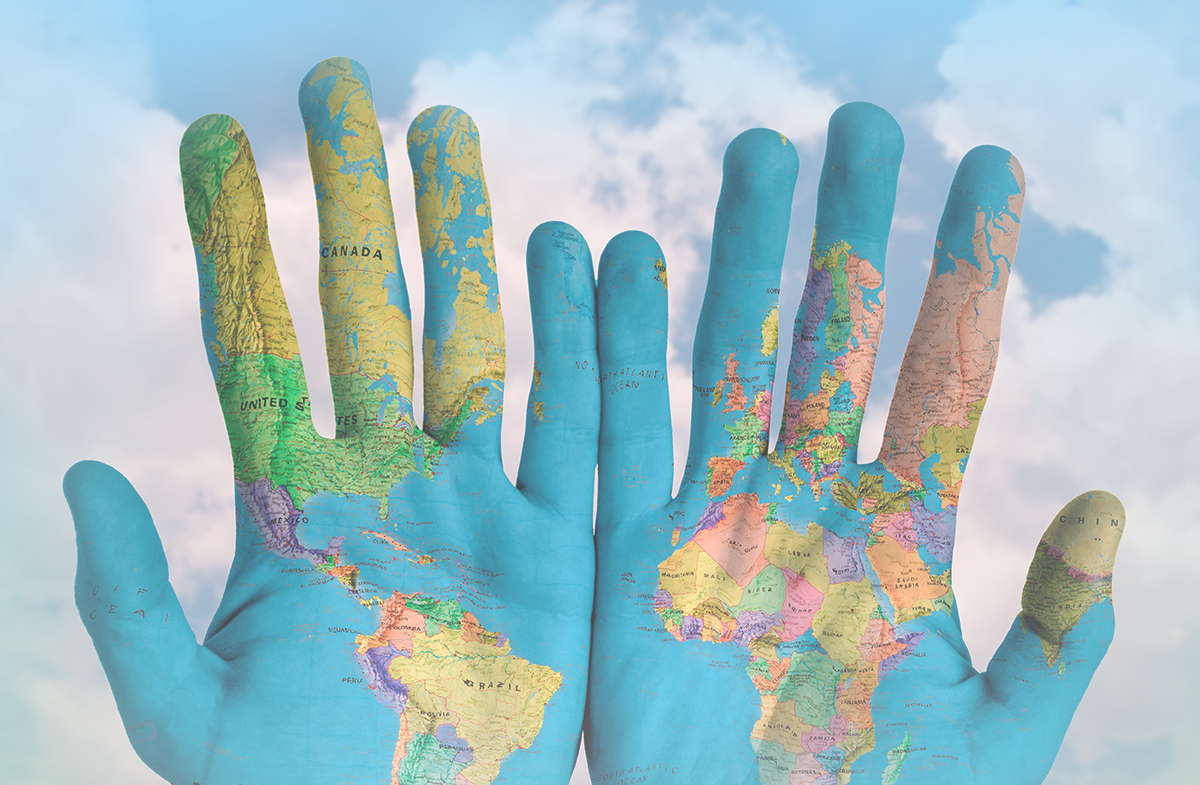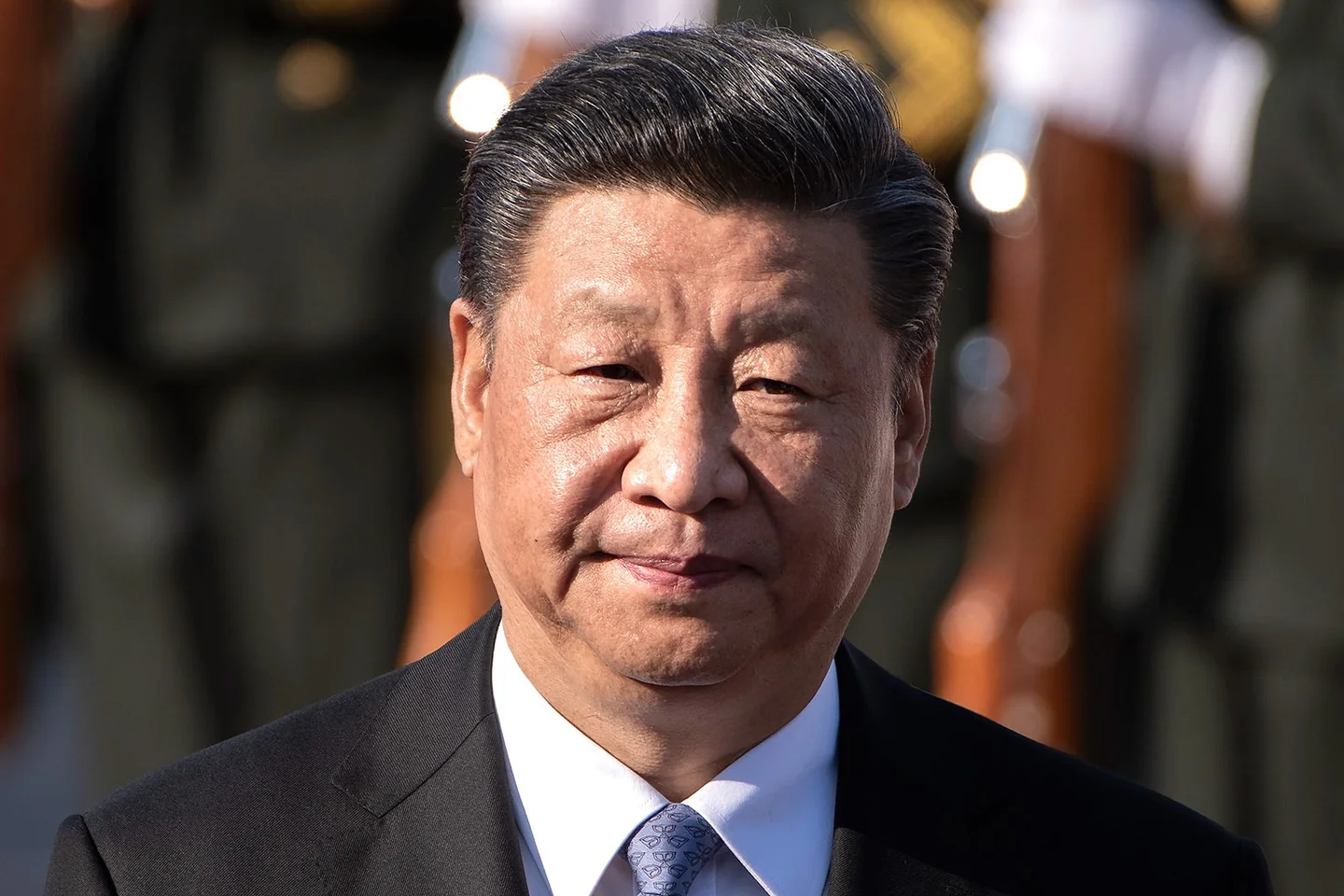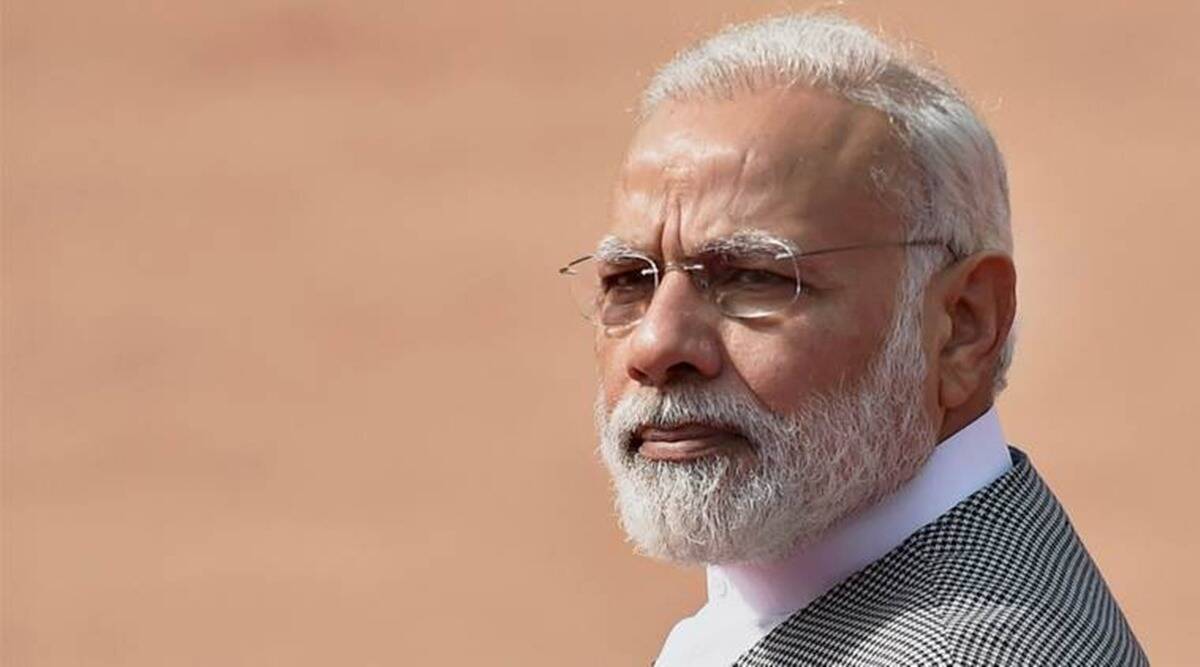Russia’s special operation has led to a growing diversity of voices in the world, writes ‘Le Monde’.
At the UN’s first vote in March, contrary to Western expectations, the countries with the largest populations refused to condemn Moscow for its special operation.
At the current UN General Assembly, a second attempt will be made.
Russia’s special operation in Ukraine has led to a growing diversity of voices in the world.

The following groups are distinguished:
- the West, which includes Japan and South Korea;
- countries challenging the international order led by China and Russia;
- countries that are cautious and stay away.
President Vladimir Putin remains a ubiquitous figure in world politics, and that doesn’t even require his physical presence.
The shadow of Vladimir Putin will accompany the debates of the General Assembly UN, which begin on September 19th in New York against the backdrop of the conflict between Russia and Ukraine.
This important event of multilateral diplomacy, postponed due to the COVID-19 pandemic in 2020 and 2021, will last until September 24.
And this is amid a surprise counteroffensive by the Ukrainian army after seven months of clashes, for which no way out is apparent due to the diplomatic impasse in relations between Moscow and Kyiv.
Never before has the international order seemed so fragile and “dispersed” — the world seemed to fall apart.

And the Ukraine conflict has revealed a new cartography of the global balance of power.
On the one hand, the West and its allies.
This group is led by the United States, which lacks the strength to continue to be the world’s policeman, but is obsessed with supporting Ukraine.
U.S. Ally — European Union, whose countries are suffering from the return of hostilities to the “old continent”.
On the other hand, Russia, a member Security Council of the United Nations, is nevertheless accused of violating the UN Charter because of a special operation in a neighboring country.
Russia in this confrontation is cautiously and not without selfish goals supported by China.
Finally, the third force on the world stage is a heterogeneous group consisting of India, Brazil, and the smaller countries of Asia, Africa, the Middle East, and Latin America.
These countries do not want to choose sides between the West and the Russian-Chinese alliance, they are concerned about the diplomatic, food, and energy consequences of the conflict between Russia and NATO on the European continent.
“This conflict marks, on the one hand, the decline in the influence of Western countries, despite their support for Ukraine, and on the other hand, the significant return of the United States to Europe,” said former diplomat Gerard Aro to “Le Monde’.
The atmosphere is tense.
Emmanuel Macron, who will arrive in New York on Monday night after the funeral of Queen Elizabeth II, sees in the intensification of hostilities the danger of a long-term “split in the world.”
The Elysee Palace believes that the General Assembly should contribute to strengthening support for Ukraine while seeking to rally “non-aligned” and “neutral” countries to put pressure on Russia.
Guided by these considerations, the head of French diplomacy, Catherine Colonna, has just visited Turkey and India.

According to the French diplomat, it is necessary “to prevent the deepening of international disagreements in the context of the conflict in Ukraine and to abandon the division into blocs.”
ZELENSKY VIA VIDEOCONFERENCE
The task promises to be daunting for the West, even if the leaders of China and India are absent from New York.
Declared an outcast in the Western world, the head of the Kremlin has the opportunity to show that he is not completely isolated.
Shortly before the opening of the UN General Assembly, he met in Samarkand on September 15 and 16 with his Chinese, Indian, Iranian and Turkish counterparts on the sidelines of the Shanghai Cooperation Organization summit, which competes with the summit of the G7, a group of industrialized countries.
According to Vladimir Putin, Xi Jinping expressed concern about the Ukrainian crisis, but the Chinese leader called on all parties to work together to promote the international order in a more just and rational direction.
The Russian president, for his part, welcomed “the increasing role of new centers of power in the world.”
The two leaders intend to challenge the current system of international relations and, above all, the weakening dominance of Western countries led by the United States.
US President Joe Biden, who is in London on Monday for the funeral of the British Queen, should make a speech no earlier than September 21, and not at the assembly’s opening.
Although since the creation of the UN, it has been accepted that the US president speaks at the opening.
Nevertheless, Biden will speak a little earlier than the head of the Iranian state, Ebrahim Raisi, given that negotiations to save the nuclear agreement, from which the United States withdrew three years ago by the decision of Donald Trump, have reached an impasse.
On the same day, the president is expected to Volodymyr Zelenskyy will speak via videoconference from Kyiv.
At the same time, many delegations warned that they did not want Ukraine to be the main topic of the debate.

Nevertheless, several sessions will be devoted to combating impunity for war crimes.
Naturally, the topic is guessed by the news from the city of Izyum, recently recaptured by Ukrainian troops from the Russians.
There, new atrocities were immediately revealed.
Sure the consequences of the Ukrainian-Russian conflict will also be discussed.
Despite partially unblocking Ukrainian grain exports by sea and land, Vladimir Putin continues to accuse Washington and Brussels of provoking food shortages and sharp price increases.
“We must avoid shifting responsibility to another, that is, when Western countries are trying to shift responsibility for the consequences of the conflict unleashed by Russia,” Paris said.
ENLISTING SUPPORT IS NOT EASY
Moscow’s problem of how to find allies is becoming no less urgent for Western countries, fearing a widening gap between the West and the rest of the world.
To their surprise, after the escalation of hostilities on February 24, Washington and European capitals realized that it was not so easy for them to enlist the support of their actions in the “non-Western” part of the world.
A little more than a week after the start of the Russian operation, when the Security Council was paralyzed, the first vote at the UN General Assembly on March 2 revealed the scale of the problem.

On the one hand, on March 2, only four states (North Korea, Syria, Eritrea, and Belarus) voted with Russia against a text demanding that Moscow “immediately stop using force against Ukraine.”
On the other hand, the West did not receive support either.
35 countries out of 193 members abstained, and not only the huge China and India. 17 African states out of 35, including South Africa, Senegal, Angola, Algeria, and Mali, did not vote for the resolution prepared by the West.
And other countries, such as Cameroon and Morocco, refused to vote, apparently fearing negative economic consequences for themselves.
Some capitals voted in favor of the UN resolution while opposing Western sanctions.

This creates the risk of reducing the impact of sanctions on Russia and creates a temptation for non-Western countries to circumvent them.
This applies, for example, to Turkey, a NATO member, and Brazil.
The risk from now on is that Moscow will benefit from a kind of “de-Westernization” of world trade to the detriment of countries supporting sanctions.
Thomas Gomart, director of the French Institute of International Affairs, said: “Russia is not Serbia.”
“Although it is only the eleventh (and, when the statistical calculation is correct, the sixth) economic power in the world, it exports the gas, oil, civilian nuclear energy, and wheat that everyone needs.”
Russia’s arms exports are also important for many countries.
“Russia took into account in advance the fact that it could become the object of sanctions, and therefore was able to take counter-sanctions,” said Thomas Gomar to Le Monde.
This situation has led to the creation of a new geography around three major groups of countries:
- the zone of the Organization for Economic Cooperation and Development (OECD), whose member countries for the most part have a common democratic system of government and from these positions subject the population of Russia to sanctions;
- countries in the Shanghai Cooperation Organization (SCO), not condemning Russia and not putting forward sanctions;
- and others, rather indifferent to the conflict, except when they concern one of the five pillars of Russian strategic exports
For Americans and Europeans, the main task of the UN General Assembly will be to try to reduce the current fragmentation.
Philippe Ricard, Le Monde

